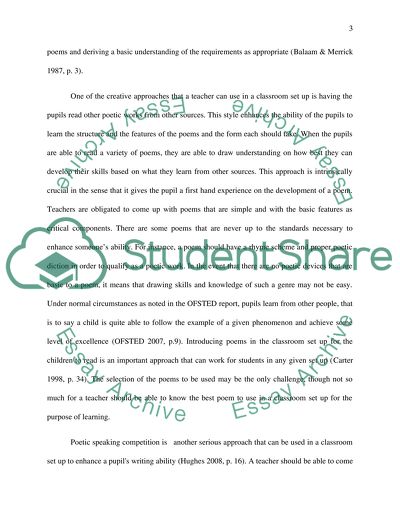Cite this document
(“CHILDRENS WRITING: Essay Example | Topics and Well Written Essays - 3000 words”, n.d.)
CHILDRENS WRITING: Essay Example | Topics and Well Written Essays - 3000 words. Retrieved from https://studentshare.org/education/1639901-childrens-writing-essay
CHILDRENS WRITING: Essay Example | Topics and Well Written Essays - 3000 words. Retrieved from https://studentshare.org/education/1639901-childrens-writing-essay
(CHILDRENS WRITING: Essay Example | Topics and Well Written Essays - 3000 Words)
CHILDRENS WRITING: Essay Example | Topics and Well Written Essays - 3000 Words. https://studentshare.org/education/1639901-childrens-writing-essay.
CHILDRENS WRITING: Essay Example | Topics and Well Written Essays - 3000 Words. https://studentshare.org/education/1639901-childrens-writing-essay.
“CHILDRENS WRITING: Essay Example | Topics and Well Written Essays - 3000 Words”, n.d. https://studentshare.org/education/1639901-childrens-writing-essay.


